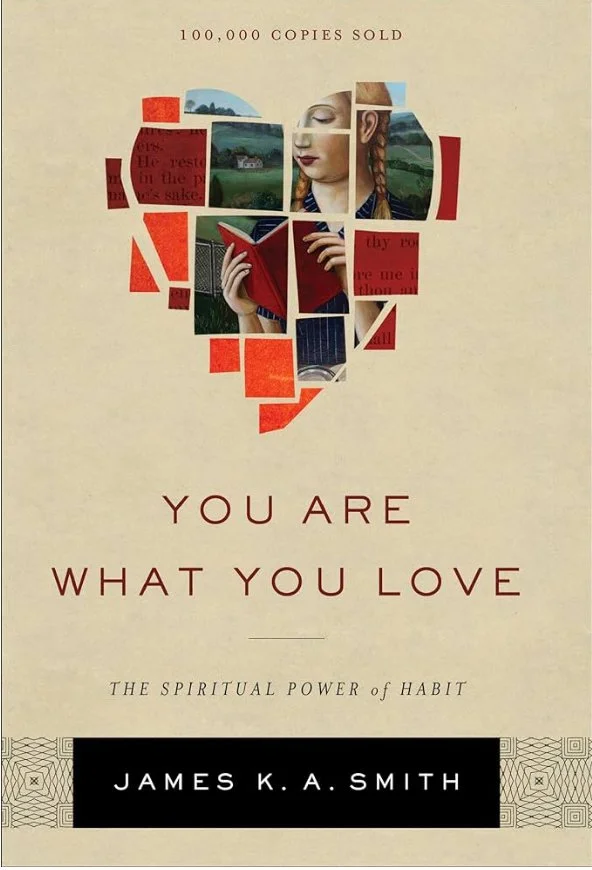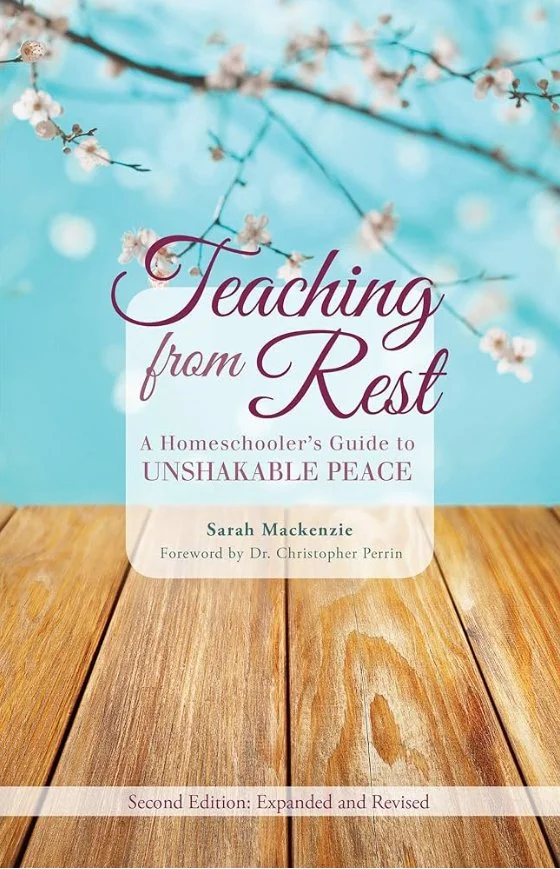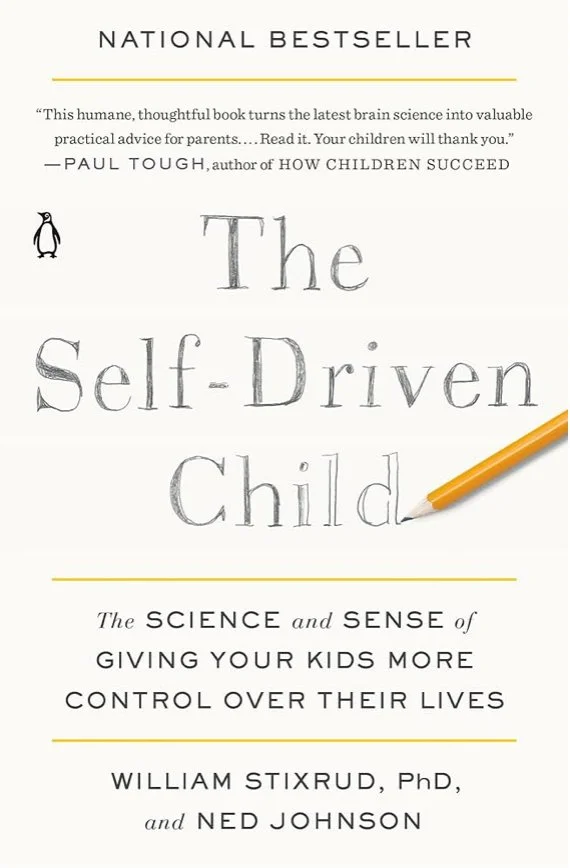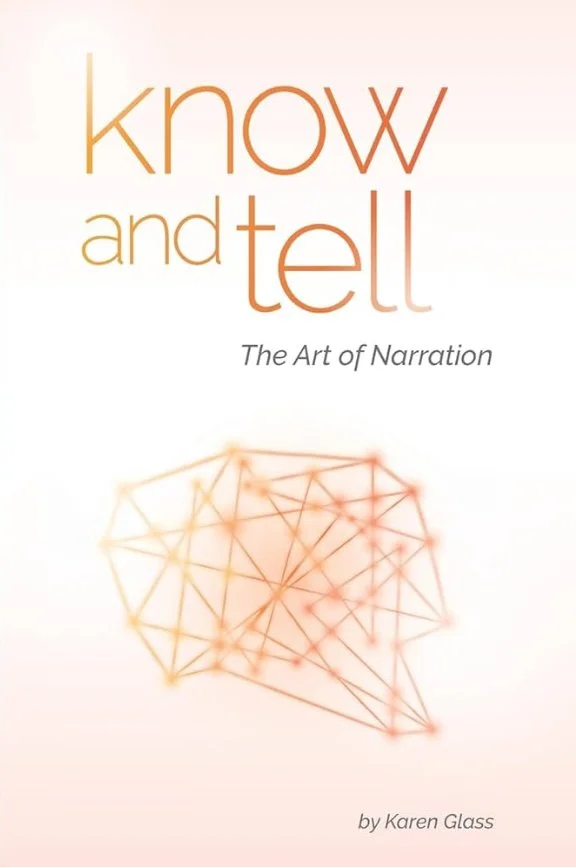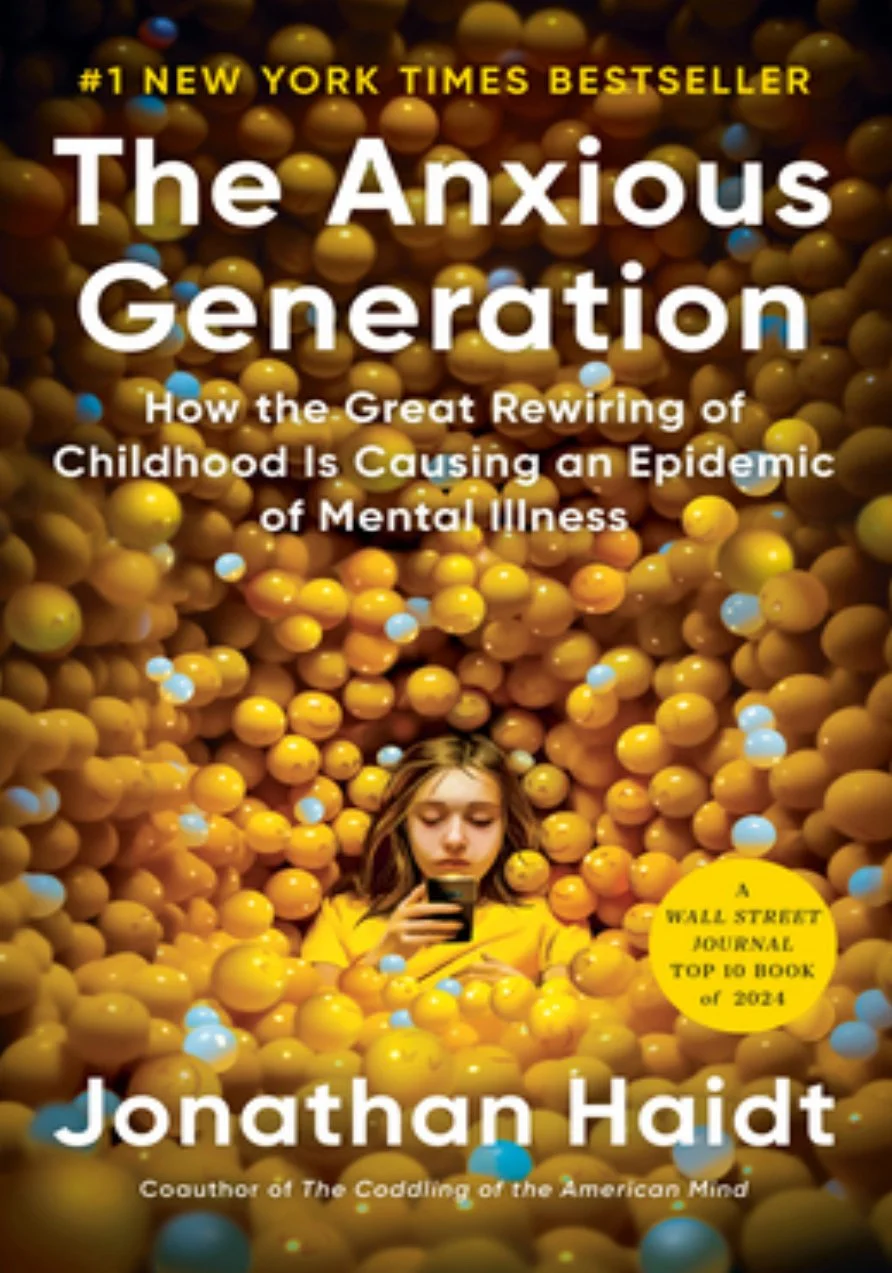
As an Amazon Associate, I earn from qualifying purchases
You Are What You Love: The Spiritual Power of Habit
James K. A. Smith
Why I loved this book:
This book reframed everything I thought I understood about education and spiritual formation. It’s not just about what we know—but what we love. A must-read if you want to align your home, habits, and liturgies with your deepest loves.
“…if you are what you love, and love is habit, then discipleship is a rehabituation of your loves. This means that discipleship is more a matter of reformation than of acquiring information.”
Teaching From Rest: A Homeschooler’s Guide to Unshakable Peace
Sarah Mackenzie
Why I loved this book (and why it deserves 2 quotes):
This short but powerful book is the encouragement I return to when I feel behind or burned out. It gently reorients me toward faith, peace, and realistic expectations. It’s grace for the homeschool mom who’s trying to do it all.
“Don’t aim for a rigorous education. If we are aiming to order our children’s affections, learn to love what is lovely, join in the great conversation, and cultivate a soul so that the person is ready in every sense of the word to take on the challenges around the corner and on the other side of the college entrance exams; work toward diligence instead.”
“Surely if we can love our enemies, then we can love the laundry, or Latin or math studies. When we are diligent, even our mundane daily tasks can be offered up to God as gifts of love and sacrifice.”
The Self-Driven Child: The Science & Sense of Giving Your Kids More Control…
William Stixrud, PhD, and Ned Johnson
Why I loved this book:
This one gave me concrete tools to step back and let my kids take the lead. It helped me see that control is not the same as connection. If you’re parenting a bright, anxious, or resistant child, this book is gold.
“The more experience kids have managing their own stress and overcoming their own challenges, the more their prefrontal cortex will be able to regulate their amygdala.”
Consider This: Charlotte Mason and the Classical Tradition
Karen Glass
Why I loved this book:
This book bridges Charlotte Mason’s philosophy with classical education. It gave me permission to pursue a generous, ordered education without rigid checklists.
“The purpose of education is not the assimilation of facts or the retention of information, but the habituation of the mind and body to will and act in accordance with what one knows.”
Know and Tell: The Art of Narration
Karen Glass
Why I loved this book:
This book transformed how I view narration. I stopped asking, “Is this enough?” and started trusting the process. It’s for any homeschool parent who wants to cultivate real thinkers, not just box-checkers.
“Almost every principal of healthy eating for the body can find a corresponding application in the idea that the mind is a spiritual organism which requires a healthy diet of ideas. If we take this concept as seriously as Charlotte Mason intended us to, we will not neglect to nourish our children’s minds any more than we would neglect to provide them regular, adequate meals.”
The Anxious Generation: How the Great Rewiring of Childhood is Causing an Epidemic…
Jonathan Haidt
Why I loved this book:
I’ve never been quick to hand my kids a screen, and I’ve never felt the need to shelter them from real-world experiences. So this book didn’t shock me—it clarified and affirmed what I’ve sensed all along. Haidt takes direct aim at safetyism—the modern idea that “safe” means digital and indoors. I’m unapologetically against social media for my teens, and this book backed that stance with research I wish every parent could see.
“We have overprotected our children in the real world while under protecting them in the virtual world.”
“We have systematically removed the experiences that help children grow into strong, competent, and independent adults.”

